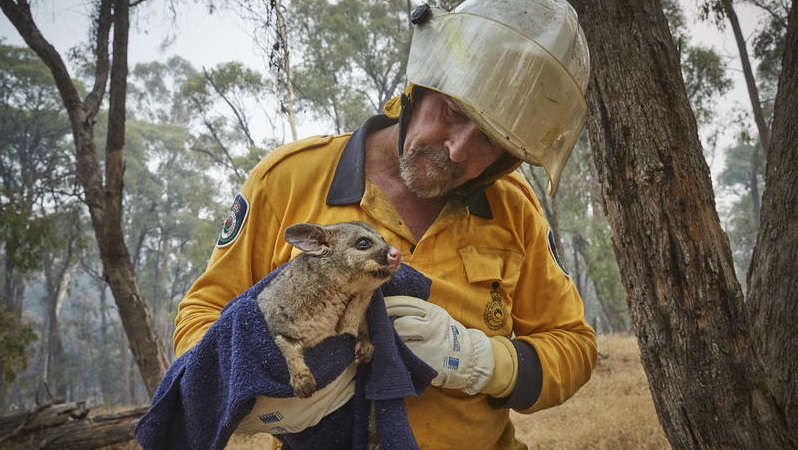Australian climate and energy minister Chris Bowen has slammed his country’s official net zero plan – lodged by the previous Coalition government – as a “fantasy” as he announces plans to create sectoral decarbonisation plans.
Bowen told the Australian Clean Energy Summit on Tuesday that he gad asked the Climate Change Authority to update Australia’s Net Zero 2050 plan and replace it with a new plan that lays out robust actions plans for the electricity, industry, building, transport, resources and land sectors.
“As you know, Australia’s currently lodged 2050 plan is a fantasy, invented by the Morrison Government,” Bowen said. “It assumes future technologies will do the heavy lifting without any effort or investment to bring them about.”
He said the new sector-by-sector decarbonisation plans would be crucial to laying out a pathway to net zero and to inform Australia’s 2035 emissions targets. But he rejected calls by the Greens – Australia’s green party – and numerous environmental groups to set a net zero target for 2035.
The EU-Mercosur trade deal will harm Brazil’s indigenous communities
“Net zero cannot be a 2050 plan – that timeframe is not in line with our international commitment to keep global warming as close to 1.5 degrees as possible,” said Suzanne Harter from the Australian Conservation Foundation campaign group.
“The science is clear; we’ve got to reach net zero by 2035 and that means government-guided net-zero sectoral plans and the 2035 target that Australia lodges under the Paris Agreement will all need to line up with 2035 as the target year.”
The head of the United Nations Antonio Guterres has called for wealthy countries like Australia to target net zero by 2040, but none of them have done so. Germany has a target of 2045 while all other major developed economies have a target of 2050 like Australia.
Bowen noted that the opposition Greens wanted a target of net zero by 2035. “Okay, and well, explain how you’re going to do that. It’s not realistic. It’s not achievable,” Bowen said.
He also noted that Labor’s upgraded target of 43% cut by 2030 has been described as both not ambitious, and too ambitious. “It [the 2035 target] will be a good target. It will be ambitious,” Bowen said. That target is lower than the UK, EU or US but similar to Canada, Japan and South Korea.
Bowen’s biggest challenge is to ensure that Australia can meet its current 43%, which is underpinned by an 82% renewable energy target that is currently falling behind schedule, due to a range of issues including transmission, connection policies and the competition for capital.
“Today I have written to the Climate Change Authority asking them to provide their statutory advice under the Climate Change Act on the 2035 target. I expect to receive this advice in late 2024,” he told the summit.
He said the sector-by-sector net zero plans would not include a specific target because they deal with different challenges and different technologies coming forward at different times.
“Agriculture is very different to the built environment. They both need to be working with us and we need to be working with them on decarbonisation, but a very different beast to get into different parts.”
This article was produced by Renew Economy and republished under a content sharing agreement. It has been edited for length and to provide more context for international readers.
